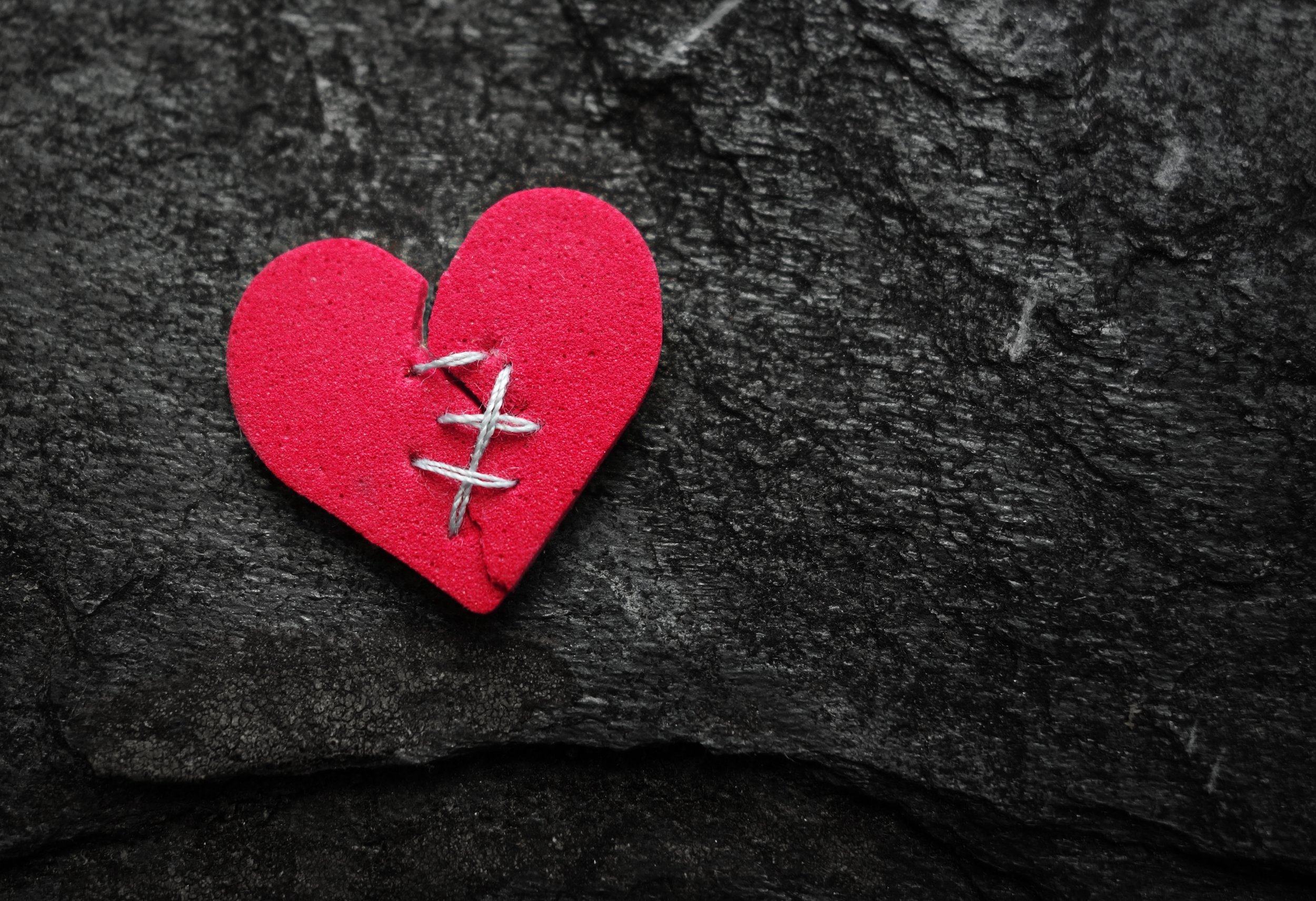I Wasn’t Angry, I Was Grieving
The body keeps the score. A newborn baby taken from their biological mother is plunged into grief and terror. Their very survival depends on this one person, and she is gone. And anyone who replaces her is a stranger.
One of the common tropes about adoptees is that we are “angry”. What do we have to be angry about? We should be grateful we were saved. But saved from what exactly?
Before I realized the trauma of adoption, some of my outward emotions and behaviors could have been interpreted as anger. The person who adopted me even told me I had anger issues. But on the inside, I remember feeling more desperate than anything. That desperation came from never having a regulated system or a foundation of safety.
When I was thrust into the pain I’d been carrying since birth, I watched my newborn self process 29 years of tension, uncertainty and ultimately grief. In that moment my entire world paradigm shifted. I understood all my previous behavior was coming from this underlying pool of unidentified and unresolved grief. My body had to process and get rid of that toxin to heal. I was a different person after the experience of healing my newborn self. I saw the world and the people in it more clearly. I had more empathy. I didn’t act out any more for validation. My system took the first step to regulate itself and it allowed for all the healing that followed.
As we now know, anger is or can be a secondary emotion. It is there to protect a more vulnerable feeling. https://www.gottman.com/blog/the-anger-iceberg/ Because no one discussed the sadness and grief of adoption with me, I couldn’t name or process it. Instead, it built up in my body making me emotionally and sometimes physically sick. I had to pretend I wasn’t sad and that I didn’t care about my biological mother or think about her. So not only was my grief not acknowledged, but I also had to mask it to the outside world.
Grief for an adoptee doesn’t just come from mother loss. As we grow and process our experience, we also grieve the loss of mirrors, truth about our beginnings, time with biological family, not fitting in with either family, being gaslit by family and society. The list is long and complex and only compounds our grief.
Unresolved emotions take a toll on the body and can cause unexplainable behavior. The next time you think an adoptee is “angry” consider they might be grieving instead.

